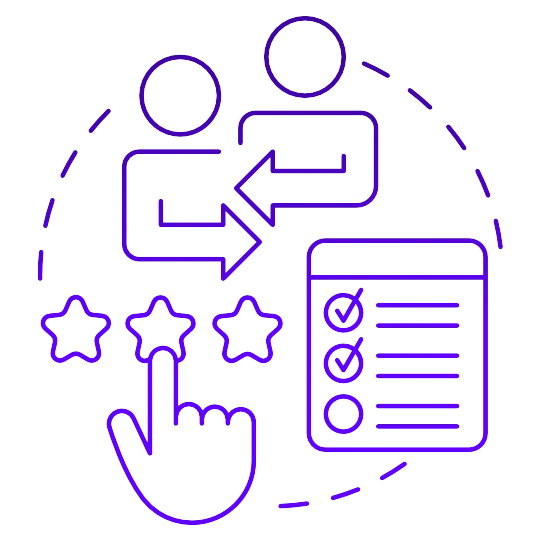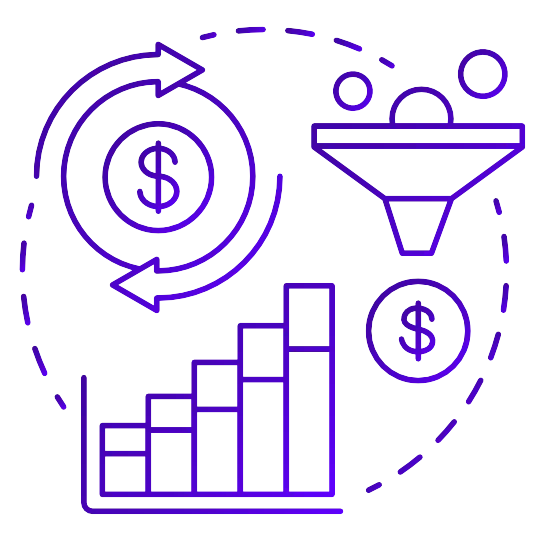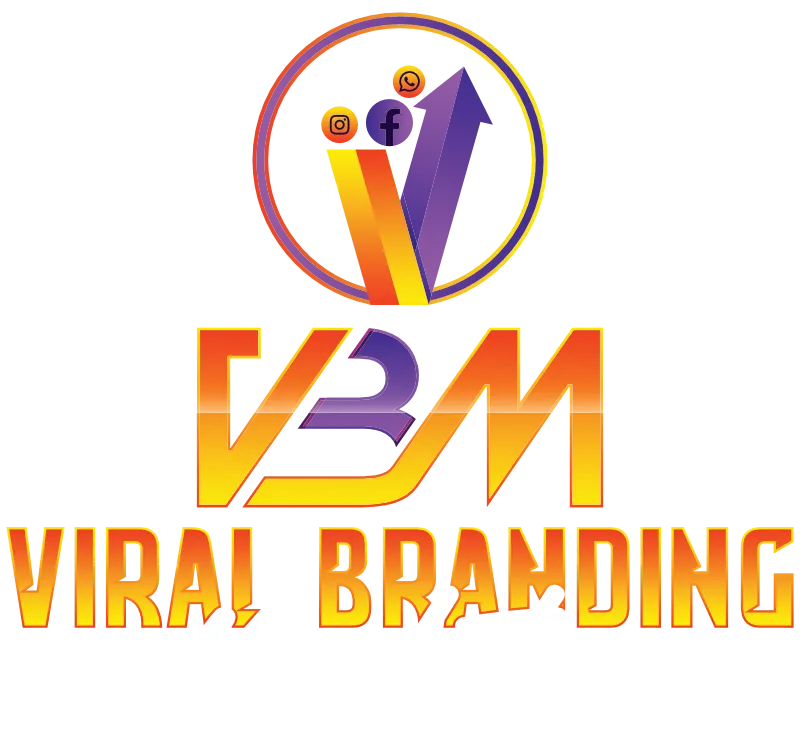What Is a Sales Funnel: A Small Business Owner’s Guide
What Is a Sales Funnel: A Practical Guide for Small Business Owners
A sales funnel is a visual representation of the customer journey, illustrating the path from initial awareness of your business to the final purchase decision. It helps small business owners understand and optimize each stage of the buying process, ensuring that potential customers are effectively guided toward making a purchase.
Why Sales Funnels Matter for Small Businesses
Implementing a sales funnel offers several benefits:
Clarity: Visualizing the customer journey helps identify where prospects drop off.
Efficiency: Streamlining the sales process reduces wasted efforts.
Improved Conversion Rates: Targeted strategies at each stage increase the likelihood of sales.
Better Customer Experience: Understanding customer needs at each stage allows for more personalized interactions.
The Stages of a Sales Funnel
A typical sales funnel consists of the following stages:
1. Awareness
Potential customers become aware of your business through marketing efforts such as social media, advertising, or word-of-mouth.
2. Interest
Prospects show interest by engaging with your content, signing up for newsletters, or following your social media channels.
3. Consideration
At this stage, prospects evaluate your offerings, compare them with competitors, and consider making a purchase.
4. Intent
Prospects demonstrate intent to buy by adding products to a cart or inquiring about services.
5. Purchase
The prospect completes the purchase and becomes a customer.
6. Loyalty
Post-purchase, focus on customer retention through excellent service, follow-ups, and loyalty programs.
Building a Sales Funnel for Your Small Business
To create an effective sales funnel:
Identify Your Target Audience: Understand who your ideal customers are.
Create Valuable Content: Develop content that addresses your audience’s needs at each funnel stage.
Use Lead Magnets: Offer incentives like free trials or eBooks to capture leads.
Implement Email Campaigns: Nurture leads with targeted email sequences.
Optimize the Sales Process: Ensure a smooth transition from interest to purchase.
Follow Up: Engage customers post-purchase to encourage repeat business.
Tools to Enhance Your Sales Funnel
Consider utilizing tools such as:
CRM Systems: Manage customer relationships and track interactions.
Email Marketing Platforms: Automate and personalize communication.
Analytics Tools: Monitor funnel performance and identify areas for improvement.
Conclusion
A well-structured sales funnel is crucial for guiding potential customers through their buying journey. By understanding and optimizing each stage, small business owners can improve conversion rates, enhance customer satisfaction, and drive growth.
Ready to Optimize Your Sales Funnel?
If you’re looking to build or refine your sales funnel, we’re here to help. Schedule a free strategy session with us to discuss how we can tailor a funnel that suits your business needs.
Schedule Your Free Strategy Session














